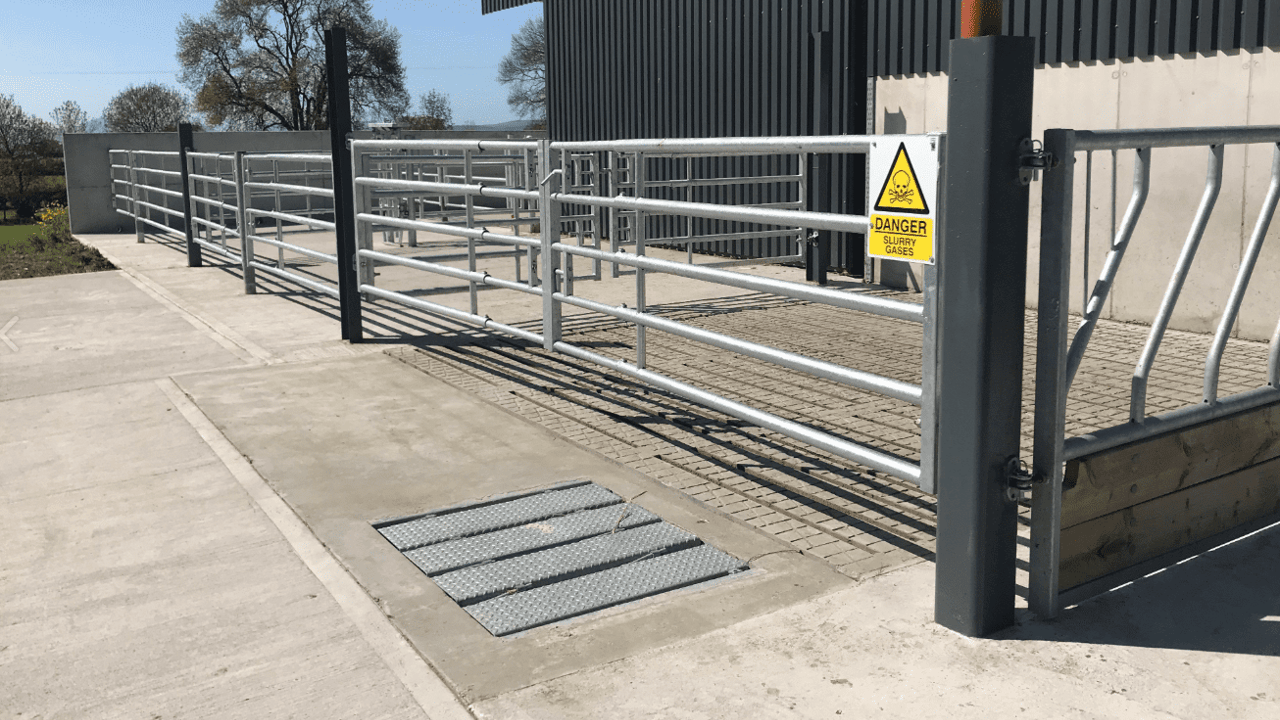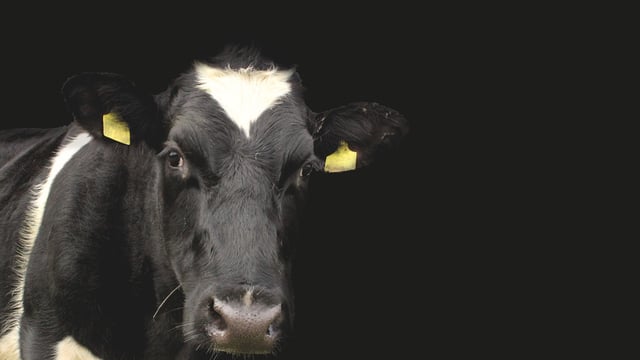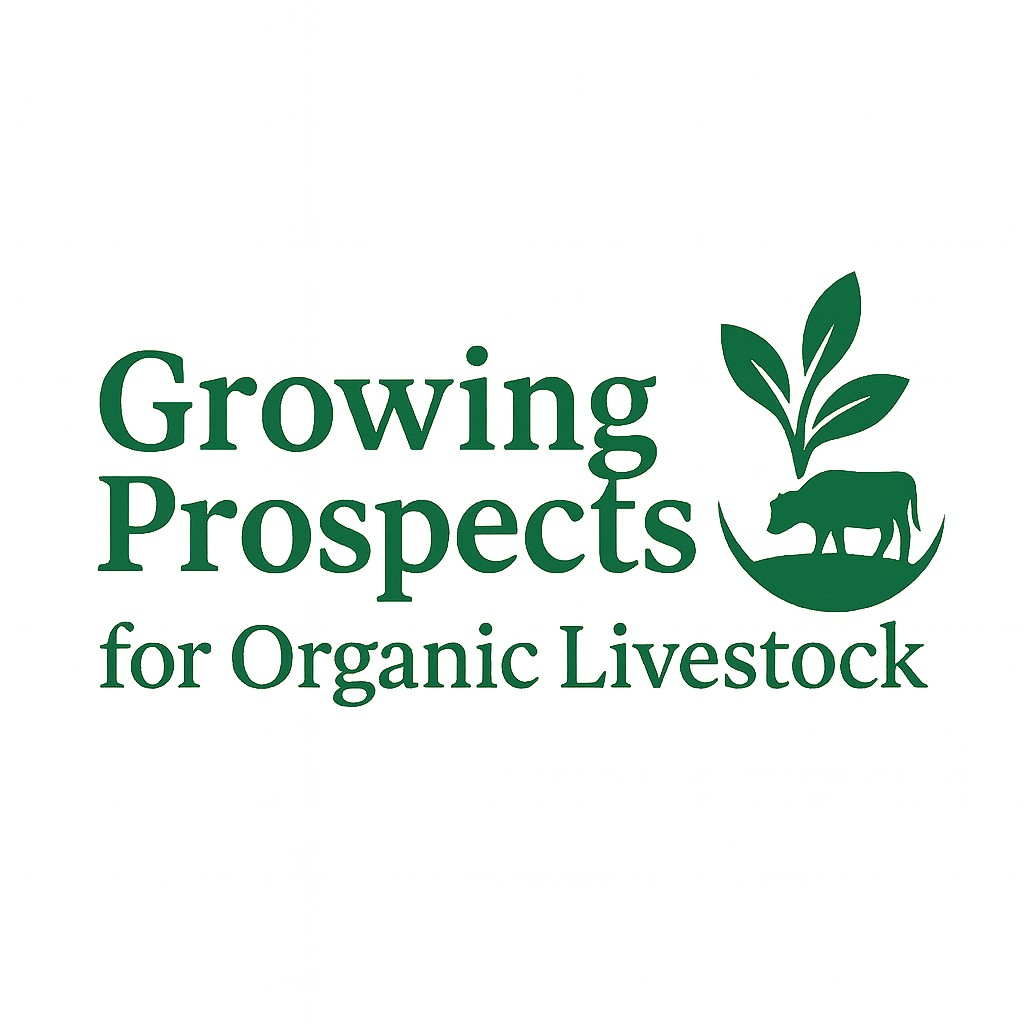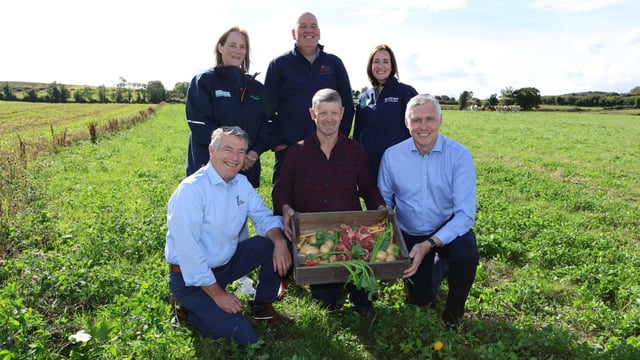Budget 2024: ICOS calls for aid to all farmers for slurry storage
The Irish Co-operative Organisation Society (ICOS) has called for grant aid for all farmers that are investing in slurry and soiled water storage to be part of Budget 2024.
ICOS has today (Monday, September 25) released its submission to government for Budget 2024, outlining a series of measures it wants to see adopted by government.
Among these is grant aid - at a rate of 60% of the investment - for all farmers who are investing in slurry storage or soiled water facilities, including those who are not in the livestock sector, so that those in the tillage sector can take on exported slurry.
The rational for this, ICOS said, is to offset the impact of the impending cut in the nitrates derogation, which will fall from 250kg of organic N per hectare to 220kgN/ha in large swathes of the country (the maximum permitted quantity of organic N on farm is 170kgN/ha).
ICOS also reiterated its call for a measure to allow farmers create a "rainy day fund", in which a farmer could voluntarily defer 5% of their gross receipt in any one year.
The deferred funds can be drawn down at any time within five years and would be subject to income tax at the time of the draw down, but must be drawn down within five years.
The society has called for the continuation of measures to help farmers deal with high input prices, balanced against the need to deliver on environmental commitments.
These include the multi-species sward and red clover silage schemes; the fodder support scheme (which ICOS wants to see expanded to dairy farmers); and the continuation of the National Liming Programme, with an expanded budget and wider remit related to soil fertility.
ICOS's submission went on to say that a "huge rethink" is required to support the development of a sustainable dairy calf to beef scheme.
The group is calling for the continuation and better financing of the Dairy Beef Welfare Scheme, but with a number of new elements.
These new elements include:
- Incentivising the use of sexed semen, and enhanced grant aid to improve calf housing facilities on dairy farms;
- A €150/calf incentive should be paid to the calf rearer, recognising the significant increase in input costs at farm level and the need to strategically develop and maintain calf rearers;
- A 60% grant aid rate under the Targeted Agricultural Modernisation Scheme (TAMS) for all new investments in calf rearing facilities, equipment and housing.
The above measure in the ICOS Budget 2024 submission relate to supporting the agri-food sector and the rural economy.
Other measures the society outlines in that section include extending the Brexit Adjustment Reserve funding for the National Genotyping Programme into next year; and a requirement for calves to be tested for TB up to 120 days of age (and incentivisation to carry that testing out).
The ICOS submission contained two other sections, one on delivering a co-operative bioeconomy sector, and one on support for co-operative enterprises.
Under the first of these, relating to the bioeconomy, ICOS is looking for:
- Co-operative bioeconomy work programme - to create a network for experts, policymakers, academia, technology providers, industry, and primary producers;
- Bioeconomy demonstration sites - for the 2023 Bioeconomy Demonstration Initiative in the midlands to be rolled out in other regions;
- Widespread research on farmer attitudes to the bioeconomy - to carry out a broad once-off land use survey, possibly as part of the Census of Agriculture or the Teagasc National Farm Survey;
- Viable feed-in tariffs and longer contracts - to reflect the true project lifecycle cost of the bioeconomy projects, at least for the early adopters who will bear most of the risk;
- Support for a co-operative structural pilot for resilient land use and carbon farming - to put in place a bioeconomy led regional project involving at least one "anchor" co-operative to pilot a structure which would enable the true deployment of the best practice and "next generation techniques" to the benefit of all stakeholders.
In the section on support for co-operative enterprises, ICOS outlines four measures for Budget 2024.
These are as follows:
- Transfer of agricultural property and co-op shares - to classify co-op shares as qualifying assets for the purpose of calculating the Capital Acquisitions Tax (CAT) agricultural relief and the Capital Gains Tax (CGT) retirement relief on the transfer of agricultural property;
- Capital expenditure incurred on the purchase of the qualifying shares in co-operatives should be eligible for capital allowances - that co-operative shares be made eligible for appropriate capital allowances similar to that for milk quota in the past;
- Voucher support for small co-ops - to allow co-operatives to avail of a 'compliance support voucher' to cover the cost of their annual audit;
- IT voucher for agri-retailers to address new compliance costs - for the government to provide an information technology (IT) voucher to cover the costs of IT development needed to implement the National Veterinary Prescribing System and the National Fertiliser Database.
Commenting on these budget demands, ICOS president Edward Carr said: "The Irish agri-food sector is a dynamic and resilient industry and the co-operative movement contributes significantly to its success.
"Regrettably, the recent decision to reduce the maximum stocking rate under the nitrates directive threatens to undermine this good work and our sustainable grass-based model of production," Carr said.
He added: "Nevertheless, ICOS remains confident that the sector will continue to work hard to address the challenges facing the sector, especially related to climate change and water quality, but tangible support is needed from the government."





